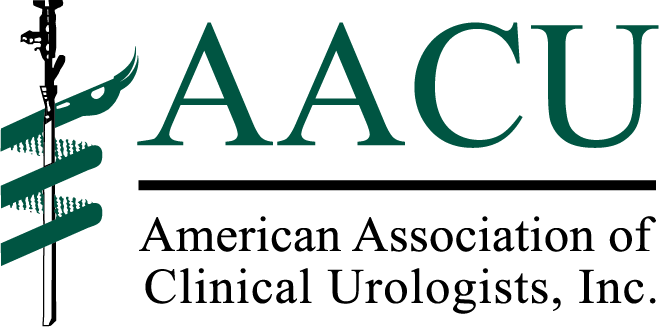
Legislative efforts to eliminate barriers to prostate cancer screening ramp up

"Our success depends on your assertive action and membership in organizations serving our specialty—the AACU in particular—as well as your state medical association," writes William C. Reha, MD, MBA.
Based on a partnership with Urology Times®, articles from the American Association of Clinical Urologists (AACU) provide updates on legislative processes and issues affecting urologists. We welcome your comments and suggestions. Contact the AACU government affairs office at 847-517-1050 or info@aacuweb.org for more information.
Reha is State Advocacy Network Chair for the AACU.
A little more than halfway through 2021, only a handful of state legislatures remain in session. Indeed, most states adjourn well before the 4th of July. In my state, the Virginia General Assembly’s session is one of the country’s shortest—just 30 calendar days in odd-numbered years. Although official business may have concluded in Richmond and other capital cities, the legislative process never ends. As such, the AACU and state medical associations are looking ahead to next year.
The Medical Society of Virginia (MSV), for example, recently held its annual advocacy summit where individual members, group practices, and other associations propose ideas for the upcoming year’s General Assembly session. The AACU participated, having partnered with the Virginia Urological Society, American Urological Association (AUA), LUGPA, and ZERO – The End of Prostate Cancer to propose legislation that prohibits insurers from requiring cost sharing for prostate cancer screening.
Similar campaigns have been the focus of the AACU. In California, Rhode Island, and Texas, many urologists, patients, and lobbyists presented arguments focusing on prostate cancer disparities. Advocates explained that although 1 in 8 men will be diagnosed with prostate cancer in their lifetime, the odds increase to 1 in 6 if they are African American, and 1 in 3 if they have a family history. Indeed, the incidence of prostate cancer is almost 80% higher in African American men, who have a twofold higher rate of prostate cancer mortality relative to men of other races. This disparity is currently the worst among all cancers in the United States.
To eliminate these disparities, barriers to medically appropriate cancer screening, including cost sharing, must be eliminated. We must promote early detection of cancer when it is at its most treatable and least lethal stage because late-stage prostate cancer places an increased economic burden on the health care system, lost worker productivity, and increased financial burdens for our patients and their caregivers.
These arguments have been successful in several states, including New York (2018), Maryland (2020), and Rhode Island (2021). The AACU, with the AUA and ZERO – The End of Prostate Cancer, are looking forward to 2022. In Virginia, we’re asking the MSV to introduce legislation and lend its considerable weight behind the effort. In Louisiana and New Jersey, we’re consulting with an industry partner to determine prospects for success. In Illinois, we hope to engage the Speaker of the House, who happens to represent a district with many individuals who are at a higher risk. In Georgia, there’s a particularly strong patient advocacy framework with the American Cancer Society’s Cancer Action Network. And, of course, we’ll go at it once again in California, where this year’s bill got hung up in the legislative process.
Our success depends on your assertive action and membership in organizations serving our specialty—the AACU in particular—as well as your state medical association. We will keep you posted on all these activities.
Newsletter
Stay current with the latest urology news and practice-changing insights — sign up now for the essential updates every urologist needs.






